Mali stated that the meeting focused on current challenges, next steps, and institutional coordination in order to ensure the efficient implementation of all activities under the Reform Agenda.
"We reviewed several strategically important topics for further economic and infrastructural development, such as current issues in the energy sector, with a particular emphasis on NIS. We also discussed the latest Enlargement Report and the implications it may have for domestic policies and the processes of alignment with European standards", Mali noted.
He added that he and von Beckerath also examined measures relating to the limitation of retail margins, as an important instrument for maintaining market stability and protecting consumers.
"Special attention was dedicated to the improvement of Railway Corridor 10, given its importance for regional connectivity, logistics, and economic competitiveness. We also addressed the necessity of more efficient use of available funds for the development of agriculture and rural areas", Mali stressed.
At the same time, Mali presented von Beckerath with all of Serbia’s most significant macroeconomic indicators, outlining - what he calls - the essence of Serbia’s economic policy, which has transformed the country from one on the brink of bankruptcy fifteen years ago into the only EU candidate country with an investment-grade credit rating.
"The results of all the reforms we implemented over the past decade are evident, but Serbia both wants and is capable of more, and we will continue our work," the finance minister said.
Preuzmite Newsmax Balkans aplikaciju:
Pratite nas na društvenim mrežama:
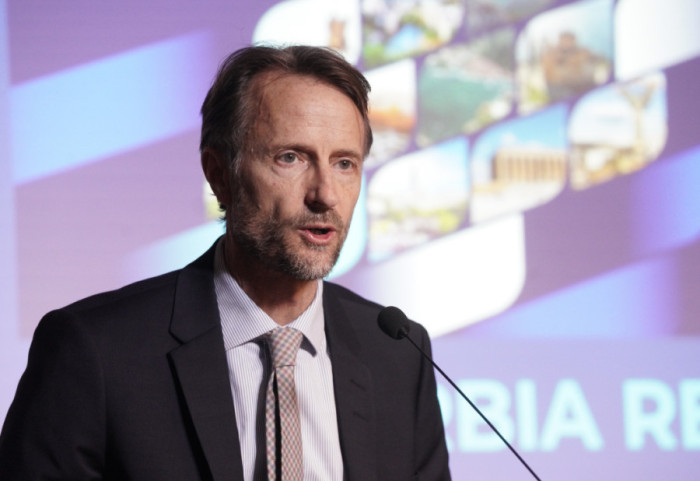














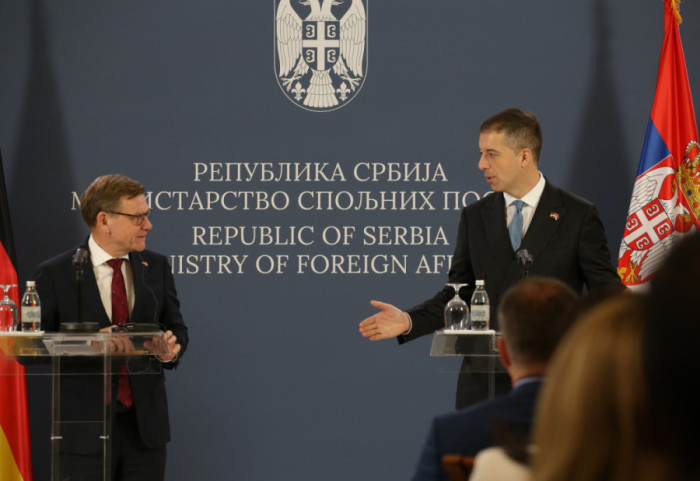

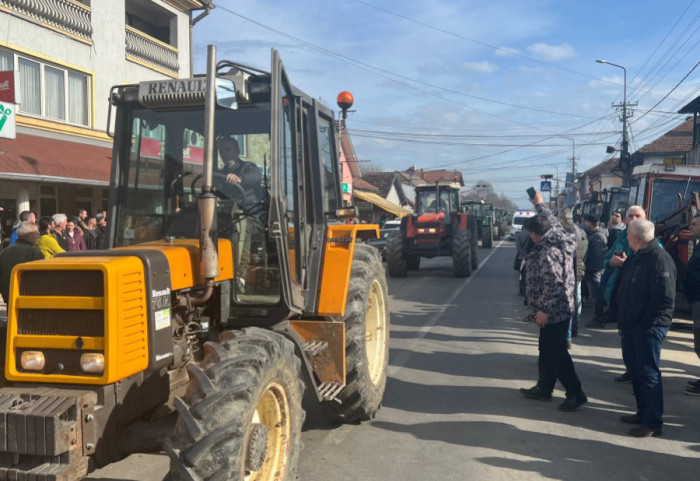
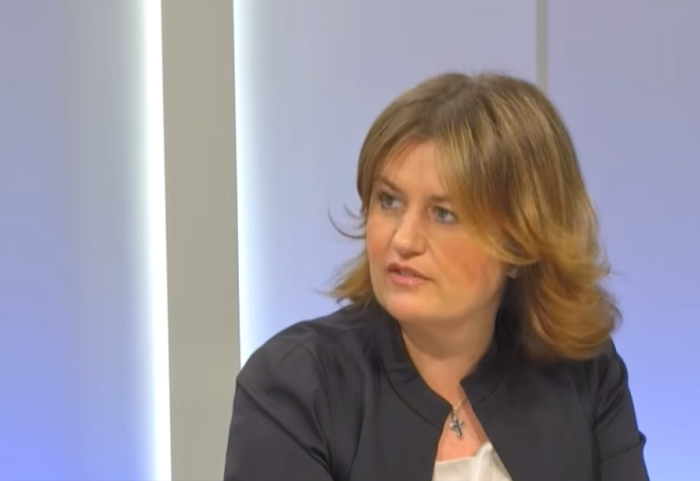
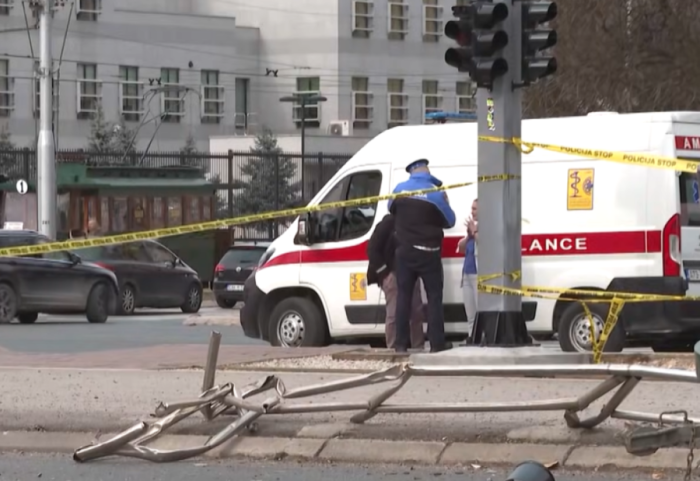


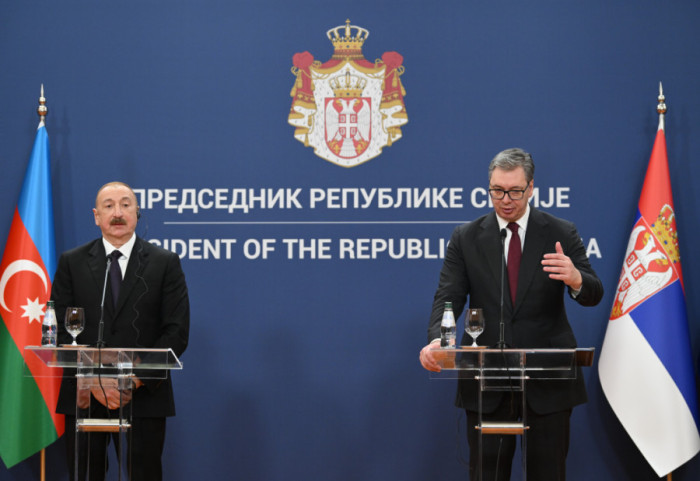
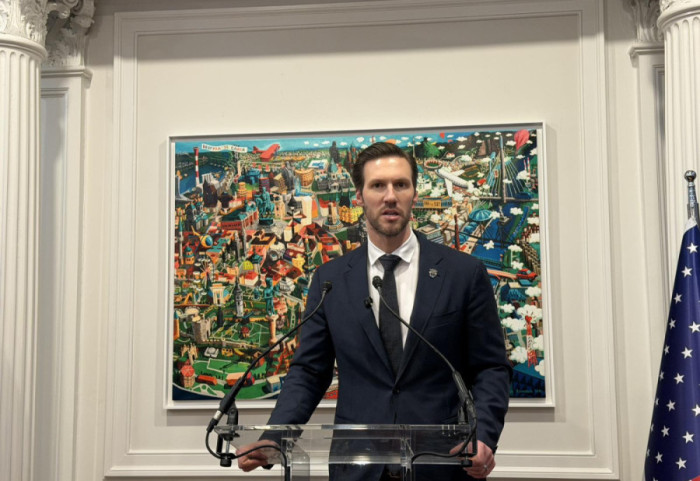
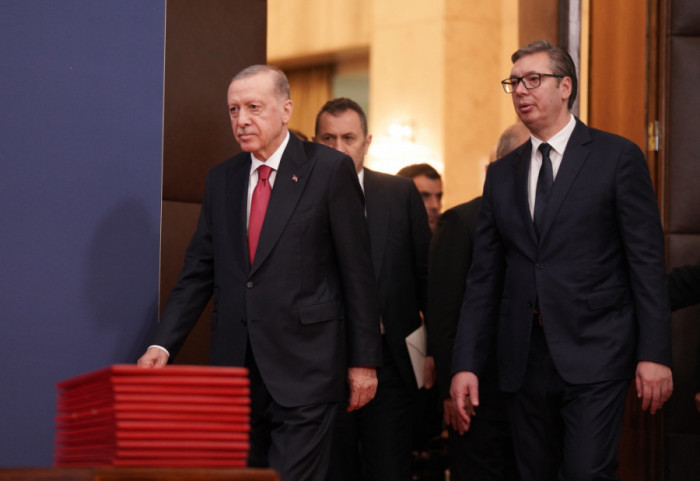
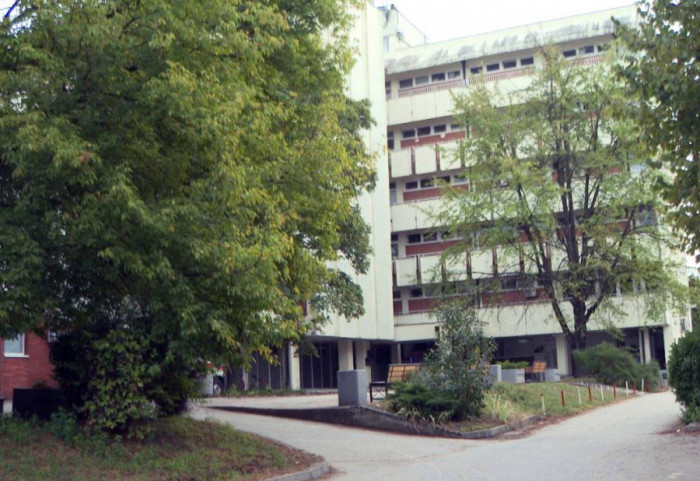





Komentari (0)